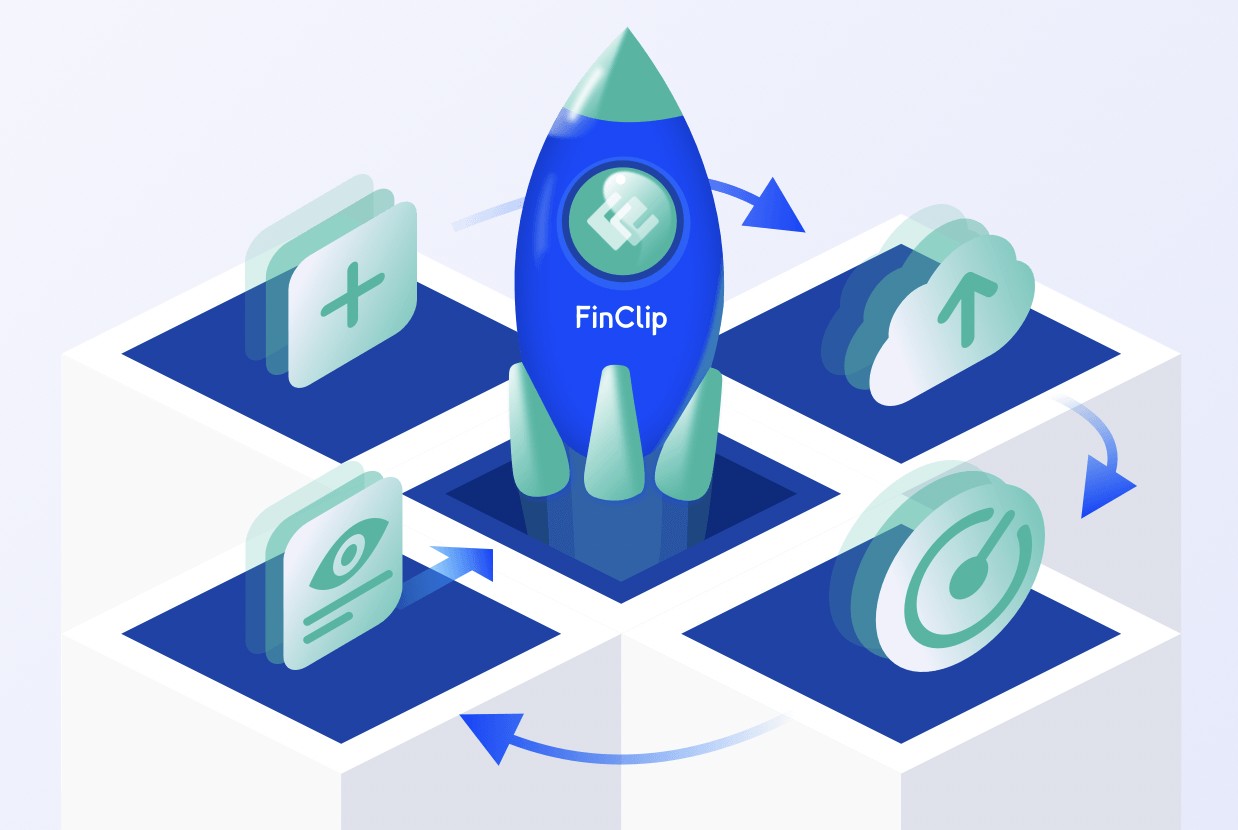Flutter开发App的未来及其在各行业的应用潜力分析
1068
2023-01-18

SpringBoot集成Caffeine缓存的实现步骤

Maven依赖
要开始使用咖啡因Caffeine和Spring Boot,我们首先添加spring-boot-starter-cache和咖啡因Caffeine依赖项:
这些将导入基本Spring缓存支持,以及Caffeine库。
现在我们需要在Spring Boot应用程序中配置缓存。
首先,我们制造一种Caffeine bean。这是控制缓存行为(如过期、缓存大小限制等)的主要配置:
@Bean
public Caffeine caffeineConfig() {
return Caffeine.newBuilder().expireAfterWrite(60, TimeUnit.MINUTES);
}
接下来,我们需要使用Spring CacheManager接口创建另一个bean。Caffeine提供了这个接口的实现,它需要我们在上面创建的咖啡因对象:
@Bean
public CacheManager cacheManager(Caffeine caffeine) {
CaffeineCacheManager caffeineCacheManager = new CaffeineCacheManager();
caffeineCacheManager.setCaffeine(caffeine);
return caffeineCacheManager;
}
最后,我们需要使用@EnableCaching注释在springboot中启用缓存。这可以添加到应用程序中的任何@Configuration类中。
在启用缓存并配置为使用咖啡因的情况下,让我们看看如何在SpringBoot应用程序中使用缓存的几个示例。
在SpringBoot中使用缓存的主要方法是使用@Cacheable注释。这个注释适用于SpringBean的任何方法(甚至整个类)。它指示注册的缓存管理器将方法调用的结果存储在缓存中。
典型的用法是服务类内部:
@Service
public class AddressService {
@Cacheable
public AddressDTO getAddress(long customerId) {
// lookup and return result
}
}
使用不带参数的@Cacheable注释将强制Spring为cache和cache键使用默认名称。
我们可以通过向注释中添加一些参数来覆盖这两种行为:
@Service
public class AddressService {
@Cacheable(value = "address_cache", key = "customerId")
public AddressDTO getAddress(long customerId) {
// lookup and return result
}
}
上面的例子告诉Spring使用名为address_cache的缓存和customerId参数作为缓存键。
最后,由于缓存管理器本身就是一个SpringBean,我们还可以将它自动连接到任何其他bean中并直接使用它:
@Service
public class AddressService {
@Autowired
CacheManager cacheManager;
public AddressDTO getAddress(long customerId) {
if(cacheManager.containsKey(customerId)) {
return cacheManager.get(customerId);
}
// lookup http://address, cache result, and return it
}
}
完整代码地址:https://github.com/eugenp/tutorials/tree/master/spring-boot-modules/spring-boot-libraries
以上就是SpringBoot集成Caffeine缓存的步骤的详细内容,更多关于SpringBoot集成Caffeine缓存的资料请关注我们其它相关文章!
版权声明:本文内容由网络用户投稿,版权归原作者所有,本站不拥有其著作权,亦不承担相应法律责任。如果您发现本站中有涉嫌抄袭或描述失实的内容,请联系我们jiasou666@gmail.com 处理,核实后本网站将在24小时内删除侵权内容。
发表评论
暂时没有评论,来抢沙发吧~